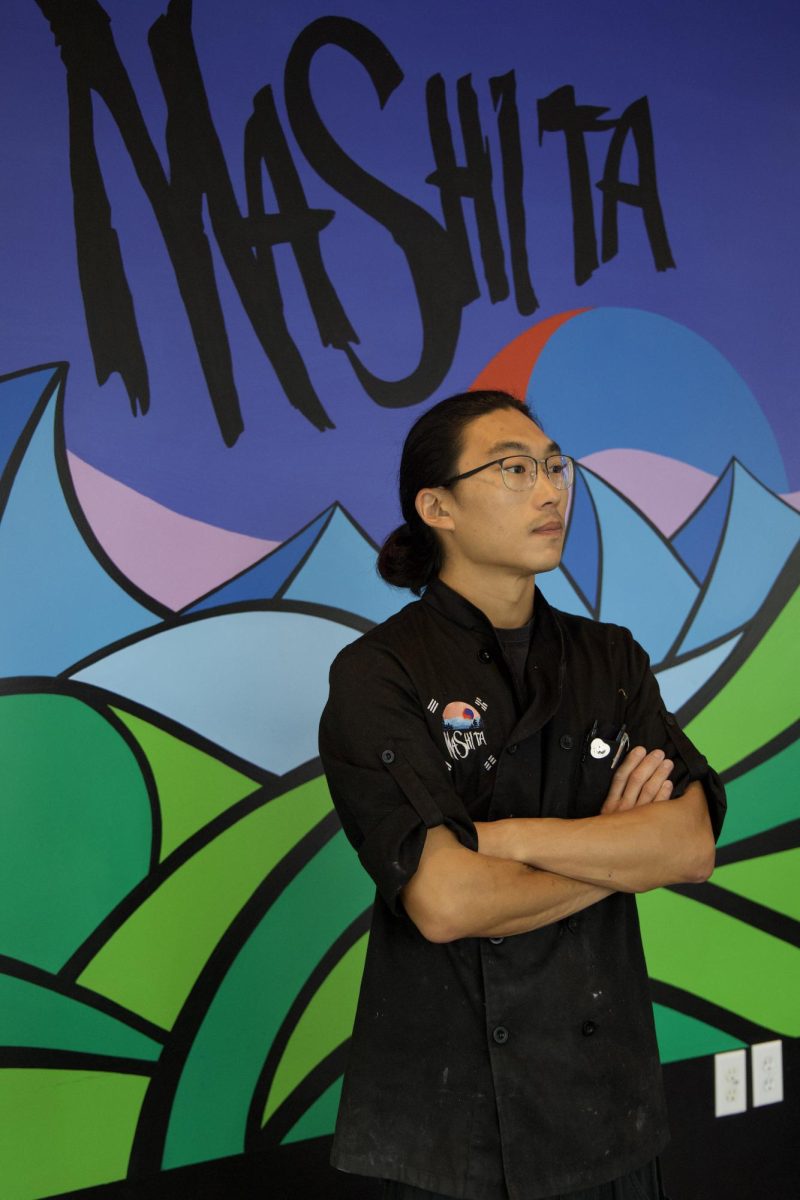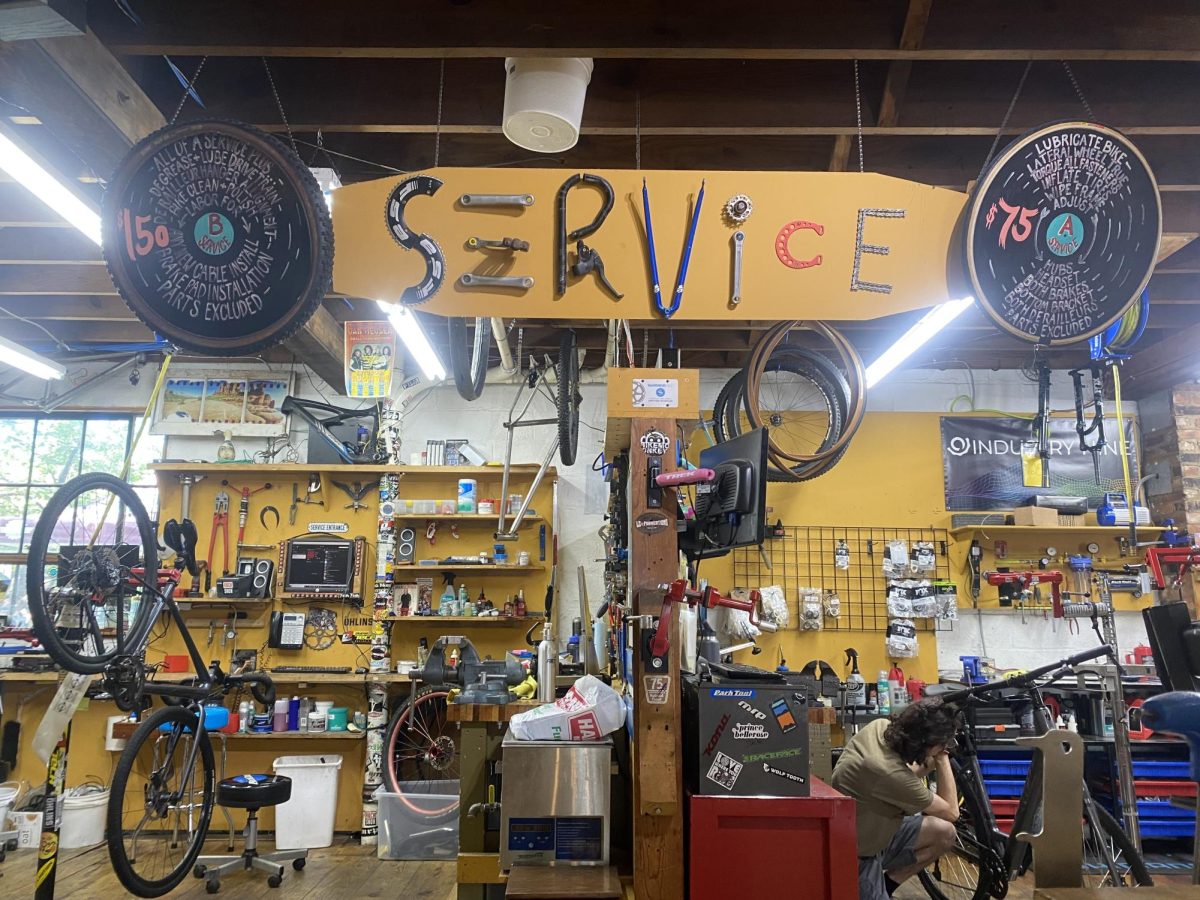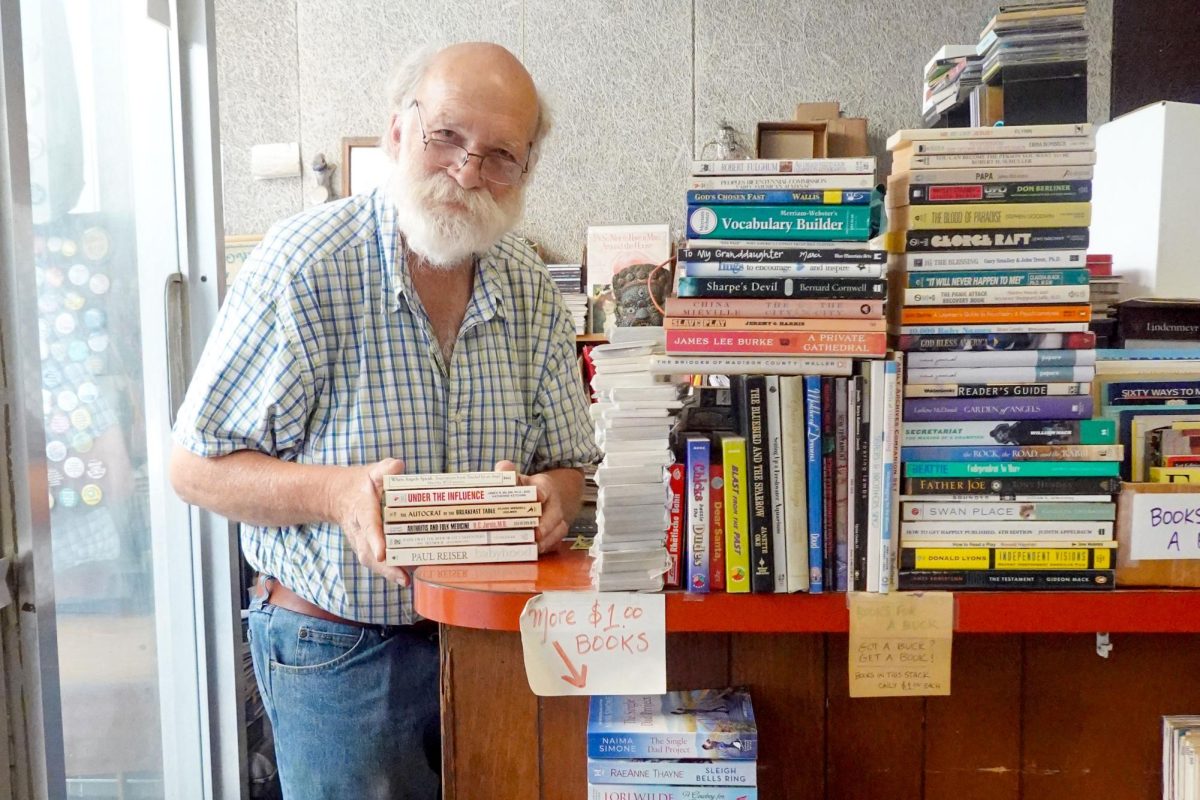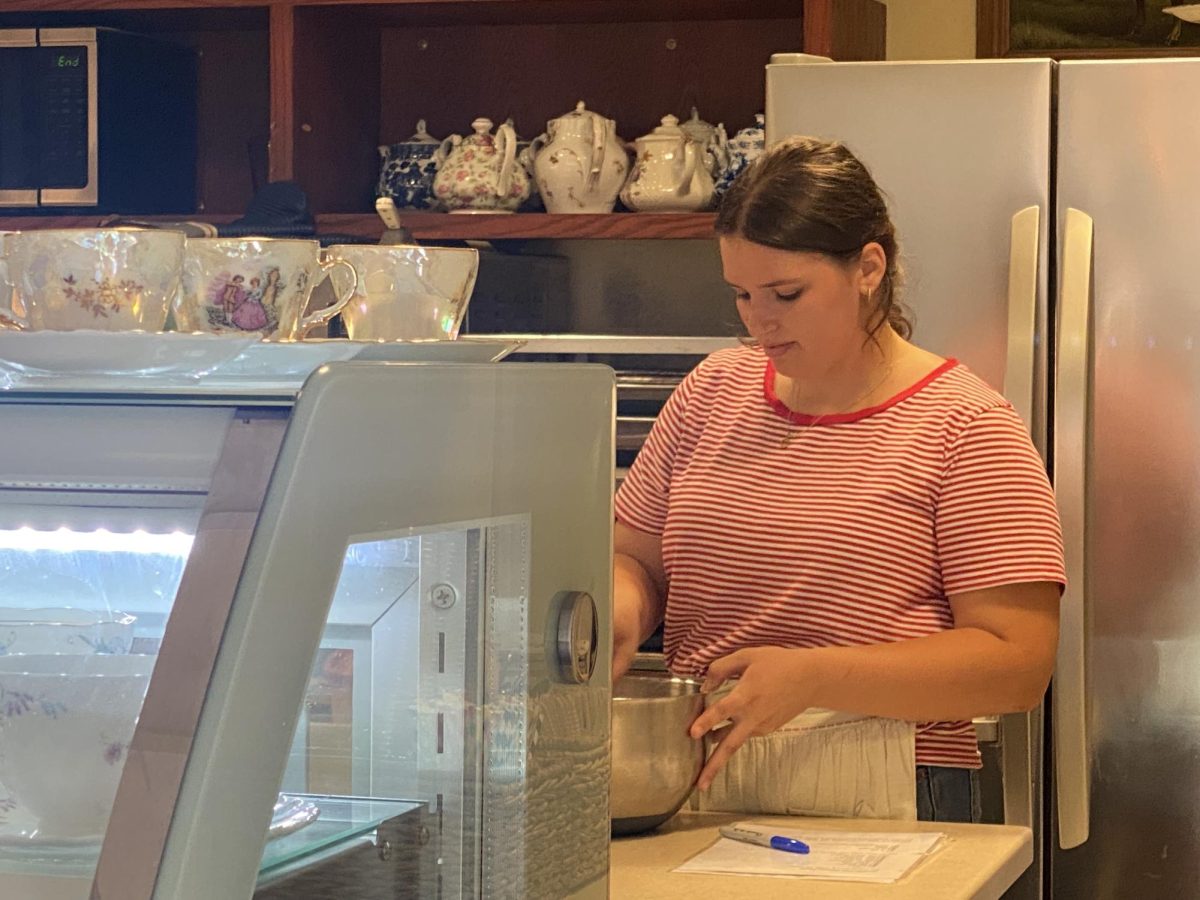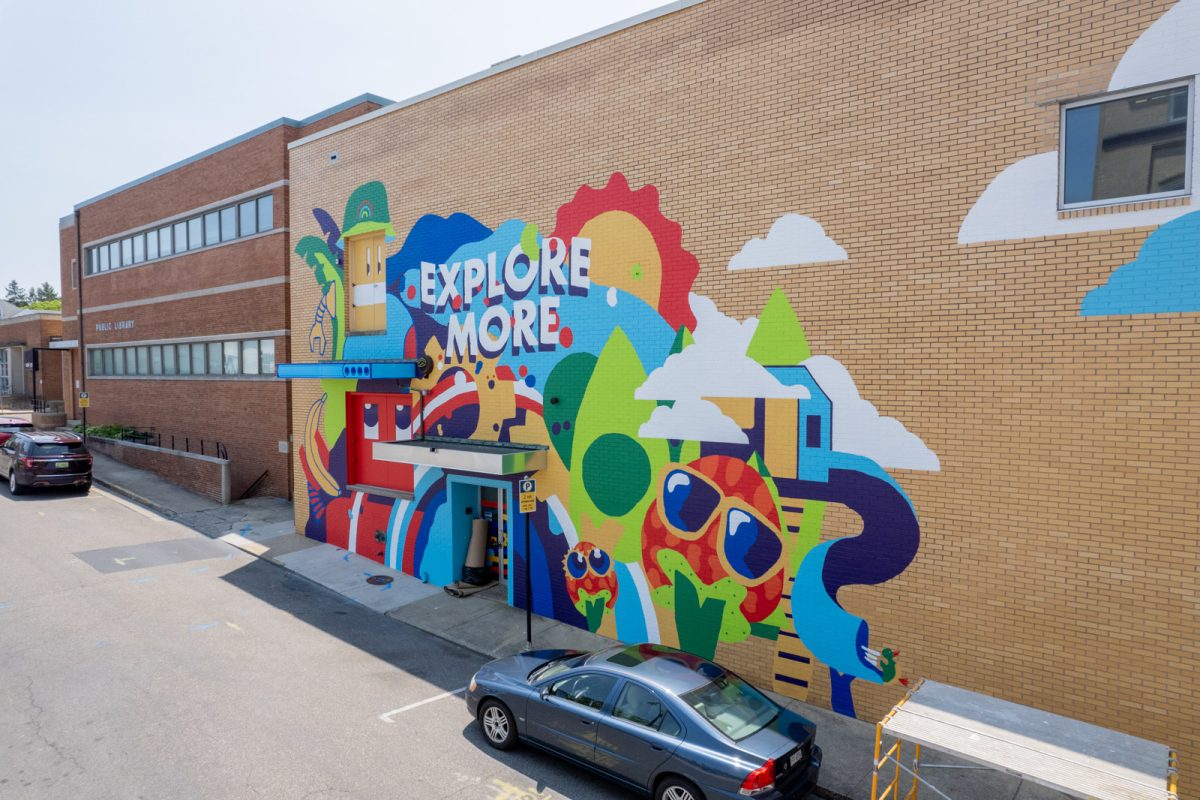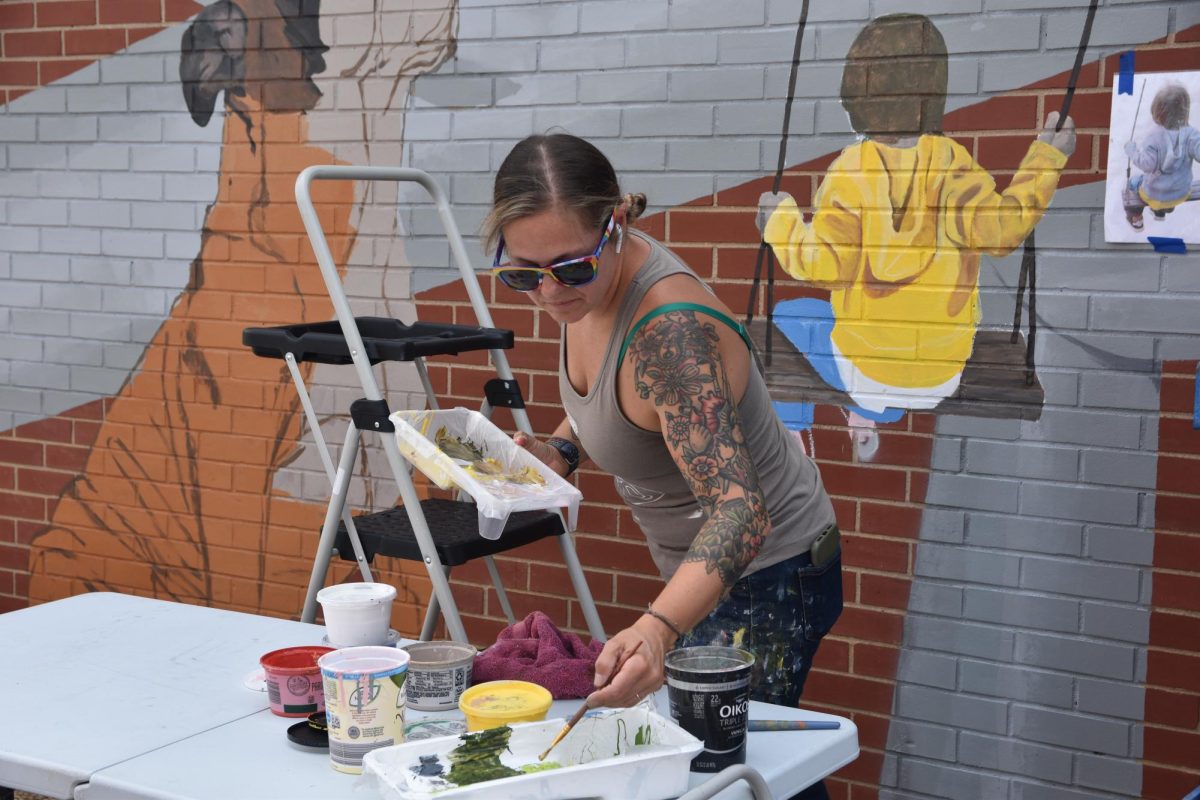Raw shrimp lines the kitchen counter as beef sausages crackle like soda on the grill. Rihanna’s Umbrella reverberates faintly in the distance as chefs add finishing touches to their meals. Minutes later, servers hoist burritos, chicken wings, and hotdogs onto trays and deliver them to hungry customers. Glass tables embedded with pebbles glare with brilliant luminescence in the heat of the afternoon sunlight. This is at Mashita, a restaurant serving dishes from around the world with an added Korean taste.
Mashita’s creation is closely linked to its owner’s upbringing. Mikey Reisenberg, 37, is a man of two worlds. Born in Seoul, South Korea, Reisenberg was adopted by an American couple at two-months old. However, Reisenberg refuses to label his restaurant as a “careless fusion” of cultural cuisine, preferring to refer to their menu as “Korean-inspired”. Despite this, Mashita features dishes with predominant Korean flavors, notably spicy-sweet sauces.
Reisenberg’s cooking story isn’t one without struggle. The first meal he cooked, pork chops for his parents, was riddled with too much salt and spices.
“[My first cooking experience] was a horrible failure. I thought that I had an understanding of flavors and cooking processes,” Reisenberg said. “I didn’t expect to be a great chef when I first started cooking. It would be wrong for me to expect my first experience to be perfect.”
With a stubborn desire to keep learning, Reisenberg didn’t give up cooking. A self-trained chef, he only relied on his personal experience and his family cuisine to improve. Along the way, his father, also a chef, encouraged and mentored him.
“I enjoy the act of cooking. I think it’s really smart. It uses lots of brain power,” Reisenberg said. I think it’s a really interesting thing to start with basic ingredients and have them walk the pathway all the way to the point where you have a finished dish.”
Reisenberg began his career working in Italian restaurants, eventually incorporating American, Latino, European, and Asian techniques into his cooking style. He founded Mashita in 2013, before converting it into a full-time restaurant six-and-a-half years later.
“I want[ed] to understand how people make pasta and other sauces and how you cook it in commercial settings. It was a good experience for me,” Reisenberg said.
Now, Reisenberg and his staff constantly experiment with culinary diversity in the form of bulgogi hot dogs, Korean burritos, and spicy chicken wings. They also use locally-sourced foods from Harrisonburg to craft their meals to sprinkle an American taste to their Korean-style meals.
“The reason why my background plays into all of this is obviously because I didn’t have a Korean household or Korean family that surrounds me,” Reisenberg said. “My interest is what leads me to learn more about Asian and Korean cooking in particular.”
Reisenberg’s doctrine for success includes taking “calculated risks” to drastically enhance his restaurant. In the COVID-19 pandemic, he demolished the brick wall in the middle of his restaurant to expand Mashita’s physical space.
“I took a humongous risk and a humongous chance to expand the restaurant. So now, we are perceived as more of a real restaurant, a real eatery,” Reisenberg said.
Trying new things has always been Mashita’s theme, from its inception as a food truck to its sudden enlargement. As Reisenberg says, “No week is the same and we learn something new all the time.”


